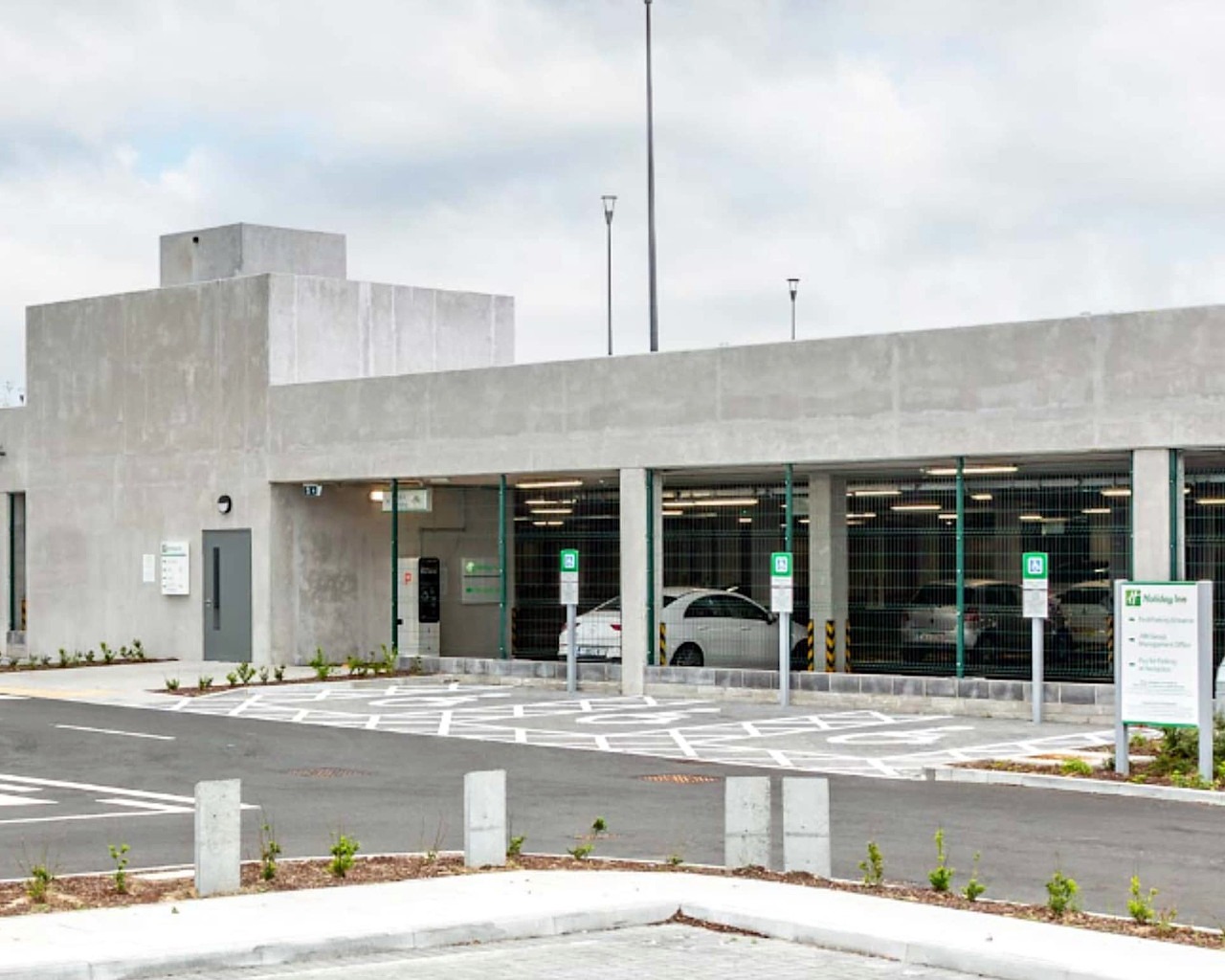As of Wednesday, all affordable, long-term car parks at Dublin Airport were sold out for a three-day booking over the Easter weekend and the Dublin Airport Authority (DAA) was warning that the remaining, more expensive spots were on course to be sold out by Friday until the middle of next week. On several occasions last year, particularly during bank holiday periods, the summer holiday season and high-profile sporting weekends, the DAA issued warnings of limited airport parking spaces. It has also come under fire in recent years for escalating costs of parking during periods of high demand, associated with tight…
Cancel at any time. Are you already a member? Log in here.
Want to read the full story?
Unlock this article – and everything else on The Currency – with an annual membership and receive a free Samsonite Upscape suitcase, retailing at €235, delivered to your door.

